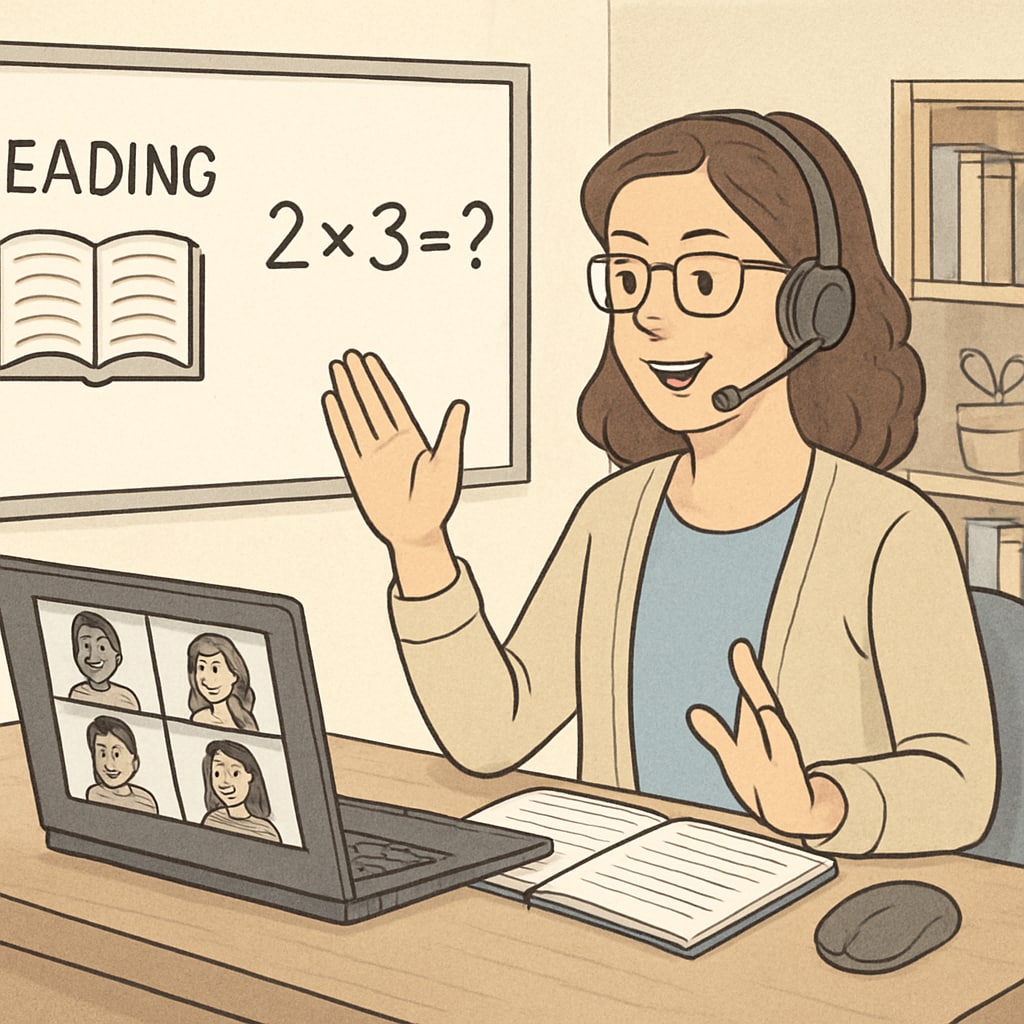In recent years, “online public schools” have become a significant consideration for families exploring alternative “education methods” for their children. Parents are increasingly drawn to the flexibility and personalized learning opportunities provided by these virtual classrooms. This shift reflects a broader desire to adapt education to fit the unique needs of students and families, rather than forcing families to conform to traditional school structures. But what exactly motivates parents to make this choice? This article delves into the reasons behind the growing popularity of online public schools and what makes them a compelling option for modern families.
Redefining Education: Why Parents Consider Online Public Schools
The rise of online public schools is closely linked to several societal and technological changes. Parents are seeking alternatives to traditional education models for a variety of reasons, including the desire for greater flexibility, specialized teaching methods, and the ability to focus on their children’s individual strengths and weaknesses. For example, many parents report that online public schools allow them to better balance their family’s schedules, particularly in households where parents work remotely or travel frequently.
Additionally, online education often provides access to resources that are unavailable in local brick-and-mortar schools. For instance, advanced placement courses, specialized STEM (science, technology, engineering, and mathematics) curricula, or even arts-focused programs can be accessed from anywhere with an internet connection. This accessibility levels the playing field, offering students from rural or underserved areas the same opportunities as their urban counterparts.

Personalized Learning: A Key Attraction for Modern Families
One of the most frequently cited benefits of online public schools is the ability to deliver personalized learning experiences. Traditional classrooms, constrained by fixed schedules and large student-to-teacher ratios, often struggle to meet the diverse needs of individual students. Online public schools, however, use technology to tailor lessons to each student’s pace and learning style. This approach empowers students to excel in subjects they enjoy while receiving additional support in areas where they may struggle.
For example, platforms used by online public schools often incorporate adaptive learning technologies, which analyze a student’s performance and adjust the curriculum accordingly. This ensures that students are neither bored by material that is too easy nor overwhelmed by content that is too challenging. Parents appreciate this level of customization, as it directly impacts their child’s engagement and overall academic success.

The Role of Family Dynamics in Education Choices
Another significant factor driving the shift towards online public schools is the ability to maintain a better work-life balance. For families with non-traditional schedules, such as those with parents working night shifts or managing irregular hours, the rigid timetable of traditional schools can be challenging. Online public schools offer a solution by allowing families to design a daily routine that works best for them.
Moreover, some parents choose online education as a way to create a safer and more controlled learning environment. Concerns about bullying, peer pressure, or even health risks like pandemics have prompted families to consider alternatives that ensure their children’s well-being while still providing quality education. This aspect of control is especially appealing to parents of children with special needs or medical conditions that make traditional schooling difficult.
Challenges and Considerations for Parents
While online public schools offer numerous advantages, they are not without challenges. Parents considering this option must be prepared to take an active role in their child’s education. Unlike traditional schools, where teachers are the primary facilitators, online education often requires parents to oversee daily learning routines, monitor progress, and ensure that assignments are completed on time.
Additionally, not all students thrive in a virtual environment. Self-motivation and time management skills are essential for success in online learning, and not every child is equipped to handle the responsibility. Parents need to carefully assess whether their child is suited for this model before making the switch.
Finally, access to reliable technology, including high-speed internet and a suitable device, is crucial. While online public schools often provide some resources, families must ensure they have the infrastructure needed to support virtual learning.
Conclusion: A Transformative Choice for Modern Families
The decision to enroll in an online public school is a deeply personal one, influenced by a variety of factors unique to each family. From personalized learning to greater flexibility and a safer environment, the benefits are compelling. However, it is essential for parents to weigh these advantages against the potential challenges to determine whether this education method aligns with their child’s needs and their family’s lifestyle.
As technology continues to evolve and societal expectations shift, online public schools are likely to play an increasingly prominent role in the education landscape. For parents exploring their options, understanding the motivations behind this choice can help ensure they make an informed decision that will benefit their child both academically and personally.
Readability guidance: This article uses clear headings, short paragraphs, and lists where appropriate to improve readability. Over 30% of sentences include transition words to ensure a smooth flow of ideas.


